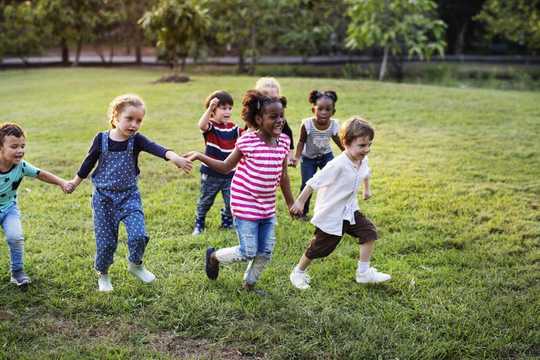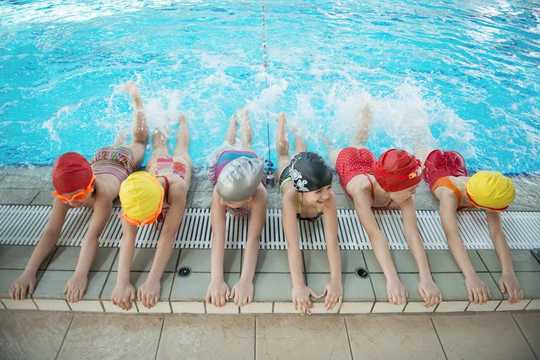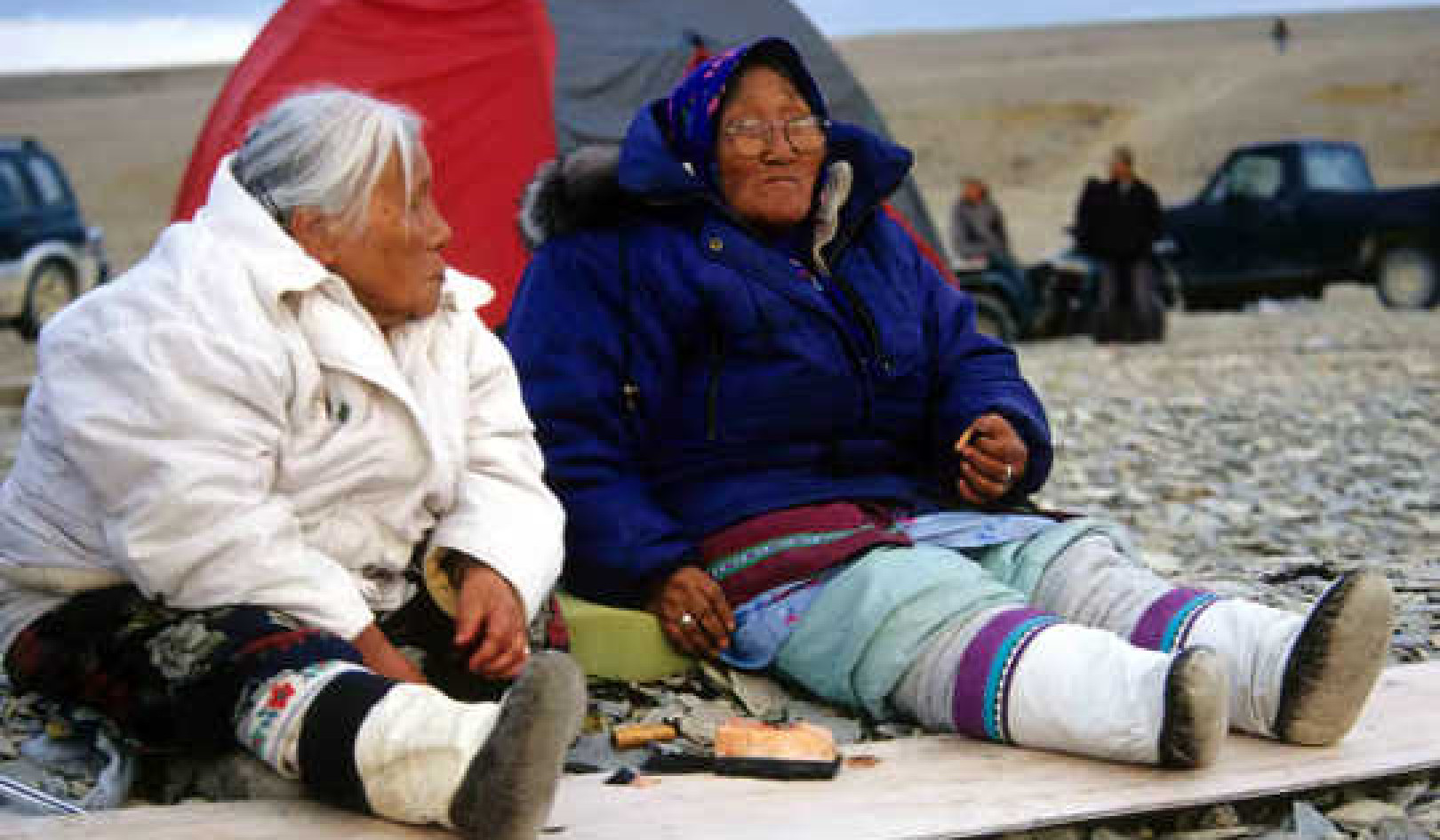Most parents are aware that physical activity is good for children – as it can help to improve their sense of self and have a positive impact on their mental health and well-being. But it’s less well known that being fit and active can also help to boost children’s academic performance.
Our recent review of primary school children from Stoke-on-Trent, England, shows that children who are more active perform better in key stage one results in reading, writing and mathematics than less active children – achieving grades that were either average or above average for each subject.
We also looked at how the children’s weight and height changed over the school year in our review. All the children gained weight, but less active children appeared to gain weight at a steeper rate than active children. This may mean these children – who currently have a normal weight and body mass – may be at risk of becoming overweight or obese in the future.
Not enough exercise
A report from Sport England shows that children who enjoy exercise, have confidence in their physical abilities and understand why exercise is important, are more likely to be active regularly. The same report also shows that these children do, on average, twice as much physical activity compared with children who don’t enjoy sport and exercise.
The Department of Health recommends children do at least 60 minutes of physical activity every day – but many children fail to meet these recommendations. This is in keeping with national figures that show only 17.5% of English, 38% of Scottish, 51% of Welsh and 12% of Northern Irish children meet the recommended minimum exercise levels.
But inactivity is not just a problem in the UK. Levels of childhood physical activity have recently been described as a global crisis by the World Health Organisation. Increasing urbanisation, changing patterns in transport, increased use of technology and high levels of poverty are considered to be reasons for the decline.
Of course, not all children naturally love exercise – and many dread PE lessons. Indeed, research shows that children who get regular encouragement and who have access to affordable facilities are more likely to be and stay active.
Be a role model
Given that our research shows the impact physical activity can have on academic performance and growth, it’s clear that children need to be encouraged to be active and given time to play regularly at home, in school and in the local community.
Children should walk more, run, cycle, use their scooter, go to their local playgrounds, dance, swim and play sports. Children should also be encouraged to travel to school on foot or by bike where possible and sit less often and for shorter periods of time.

Playing outdoors can help children to develop creative thinking. Rawpixel.com/Shutterstock
Importantly, children also need to have positive role models. They need to see parents, family members, teachers and members of the community, enjoying being physically active on a regular basis.
This is important because children who are active regularly during childhood are more likely to develop into adults who are active and exercise. And adults who exercise regularly are more likely to live happier and healthier lives than those who do not.![]()
About The Author
Michael McCluskey, Lecturer in Physiotherapy, Keele University
This article is republished from The Conversation under a Creative Commons license. Read the original article.

Related Books:
Here are 5 non-fiction books on parenting that are currently Best Sellers on Amazon.com:The Whole-Brain Child: 12 Revolutionary Strategies to Nurture Your Child's Developing Mind
by Daniel J. Siegel and Tina Payne Bryson
This book provides practical strategies for parents to help their children develop emotional intelligence, self-regulation, and resilience using insights from neuroscience.
Click for more info or to order
No-Drama Discipline: The Whole-Brain Way to Calm the Chaos and Nurture Your Child's Developing Mind
by Daniel J. Siegel and Tina Payne Bryson
The authors of The Whole-Brain Child offer guidance for parents to discipline their children in a way that promotes emotional regulation, problem-solving, and empathy.
Click for more info or to order
How to Talk So Kids Will Listen & Listen So Kids Will Talk
by Adele Faber and Elaine Mazlish
This classic book provides practical communication techniques for parents to connect with their children and foster cooperation and respect.
Click for more info or to order
The Montessori Toddler: A Parent's Guide to Raising a Curious and Responsible Human Being
by Simone Davies
This guide offers insights and strategies for parents to implement Montessori principles at home and foster their toddler's natural curiosity, independence, and love of learning.
Click for more info or to order
Peaceful Parent, Happy Kids: How to Stop Yelling and Start Connecting
by Dr. Laura Markham
This book offers practical guidance for parents to shift their mindset and communication style to foster connection, empathy, and cooperation with their children.























